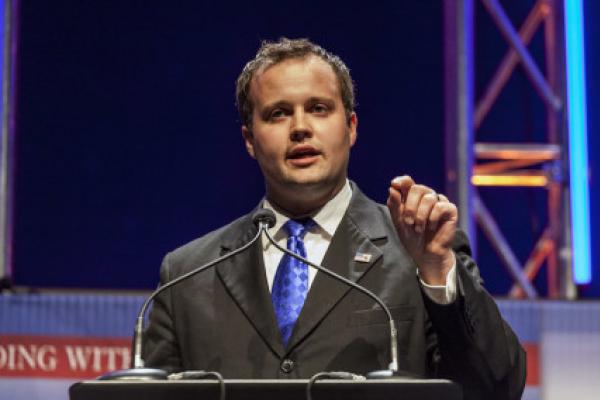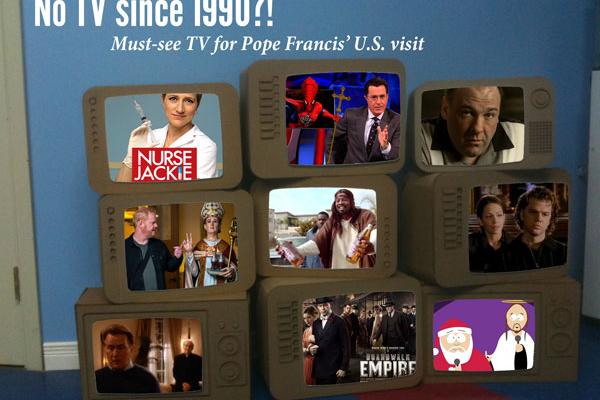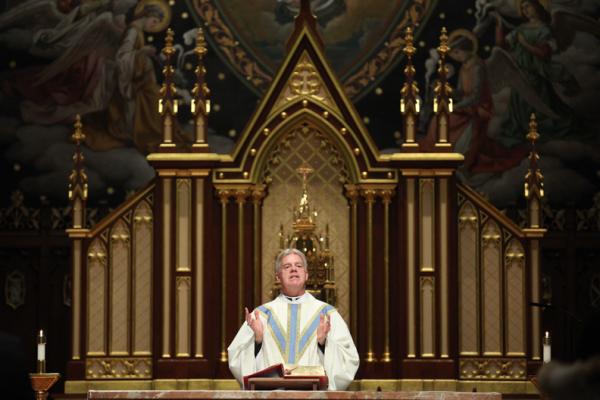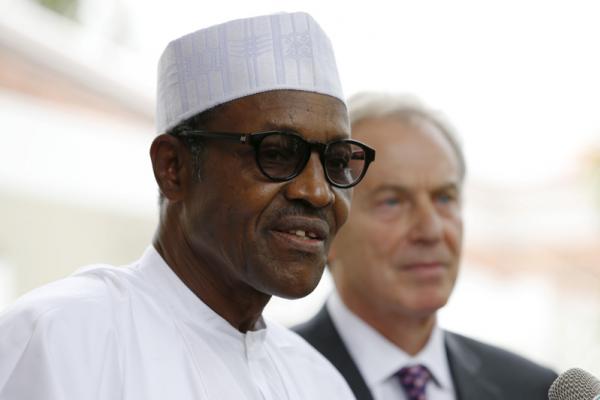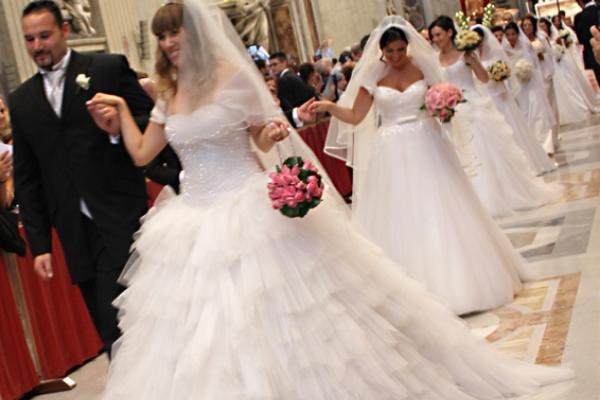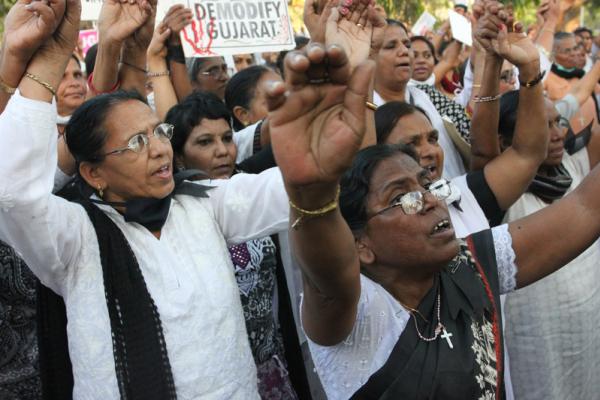Addressing moral injury in film is important. Addressing pertinent political issues like drone warfare is also important. But Good Kill doesn’t say anything an editorial wouldn’t, and takes about three times as long to say it. With this film, Andrew Niccol tries to create a sense of disassociation similar to what his drone pilot protagonist would feel. Sadly, the end isn’t compelling enough to justify the means. Good Kill ends up being a ponderous slog, a film that wants to be a conversation-starter but doesn’t introduce any new or interesting entry points into that conversation.
A former Arkansas state trooper claims the Duggar family concealed the extent of their son’s alleged fondling of underage girls when the patriarch of the family turned to him for help disciplining the teenager more than a decade ago, the tabloid In Touch reports.
The tabloid broke the original story that Josh Duggar, the eldest son of the Duggar family, from the TLC reality show 19 Kids and Counting, had allegedly molested girls when he was a teenager. It published a 2006 police report on the incident.
Duggar has since apologized for “acting inexcusably” as a teenager and has resigned as executive director of the Family Research Council’s lobbying arm.
Menstruation is a natural biological function and essential to good reproductive health. But cultural and religious taboos mean it continues to be treated as shameful and dirty. In many parts of the world, poor women and girls try in agonizing silence to manage their periods, while lacking water, restrooms, and hygienic sanitary materials.
On May 28, 2015, activists around the world will join WASH United, a global humanitarian organization, in celebrating the second annual International Menstrual Hygiene Day. The mission of the day is to break the taboo around menstruation and raise awareness of the associated dilemmas many women and girls face.
The rising number of people choosing “nothing in particular,“ a subset of the "unaffiliated” label, has raised hackles across the theo-political spectrum, from some fundamentalist evangelicals decrying the de-Christianizing of the nation to more mainline Protestant handwringing over the loss of current and future members from already-struggling denominations.
The problem with this range of views (as far as I’ve read) is that, while certainly broad, it’s pretty shallow. There’s nuance to the “nones.” I can say this with confidence as someone who has drifted across the borders of that category once or twice or every other day. While there are certainly those in the group who don’t care about religion, there are also those with complicated feelings. These are people who still see their lives, maybe all life around them, as uniquely religious. Many have even done the work to interpret such complicated feelings, which is no small task.
Pope Francis told an Argentine newspaper on May 25 that he hasn’t watched television since 1990. Think of all he’s missed, not just in terms of popular culture, but also in terms of American Catholicism. Here, in no particular order, are seven television shows the pope might want to catch up on before his September U.S. trip.
A Catholic priest in New Jersey who says he was dismissed from his campus ministry job over a Facebook post against anti-gay bullying and racism has come out as gay.
The Rev. Warren Hall told Outsports, a magazine for gay athletes, that while he remained committed to his vocation as a priest and to his vow of celibacy, he was not going to hide his sexual orientation.
“I have to be myself,” Hall said.
“I can’t worry what other people think.”
Nigeria’s newly elected president, Muhammadu Buhari, promised during his campaign that he would tackle the militant terrorist group Boko Haram.
On May 29, he will be sworn into office, just as the extremist group is ramping up its use of female suicide bombers.
Buhari, who is Muslim, replaces Goodluck Jonathan, a Christian from the country’s south. Both Christians and Muslims voted for Buhari in April, convinced he could stop the terrorist rampage.
Nigerians fear violence may escalate if female terrorists are deployed because they can hide explosives under their long Muslim abayas, or gowns.
The wedding season is in full swing, and Pope Francis used the occasion on May 27 to warn couples not to marry too quickly, while also reaffirming the Vatican’s opposition to gay nuptials.
Addressing crowds of followers at his weekly general audience in St. Peter’s Square, the pontiff urged couples to take their engagement seriously.
“Betrothal is, in other words, the time in which two people are called to work on love, a shared and profound task,” he said.
Each day, children on their way to Mount Carmel School pass through gates under the watch of armed security guards, and now city police officers who stop there on government orders after a nearby Catholic convent and school were broken into.
The vandals stole money, tampered with security cameras, and ransacked the principal’s office on Feb. 13.
The crime itself was relatively minor, but it rippled through other Christian schools. The attack was the sixth this year in an ongoing series targeting Christian communities and schools across India.
Nine FIFA officials and five business executives were arrested early Wednesday morning by Swiss authorities for “racketeering, wire fraud, and money laundering conspiracies, among other offenses, in connection with … a 24-year scheme to enrich themselves through the corruption of international soccer,” according to a statement from the Department of Justice.
According to the statement, bribes and kickbacks to obtain media marketing rights could amount to well over $150 million. Because many of the charges relate to CONCACAF, the regional confederation under FIFA headquartered in the United States, the officials will be extradited to the U.S. on federal corruption charges.

